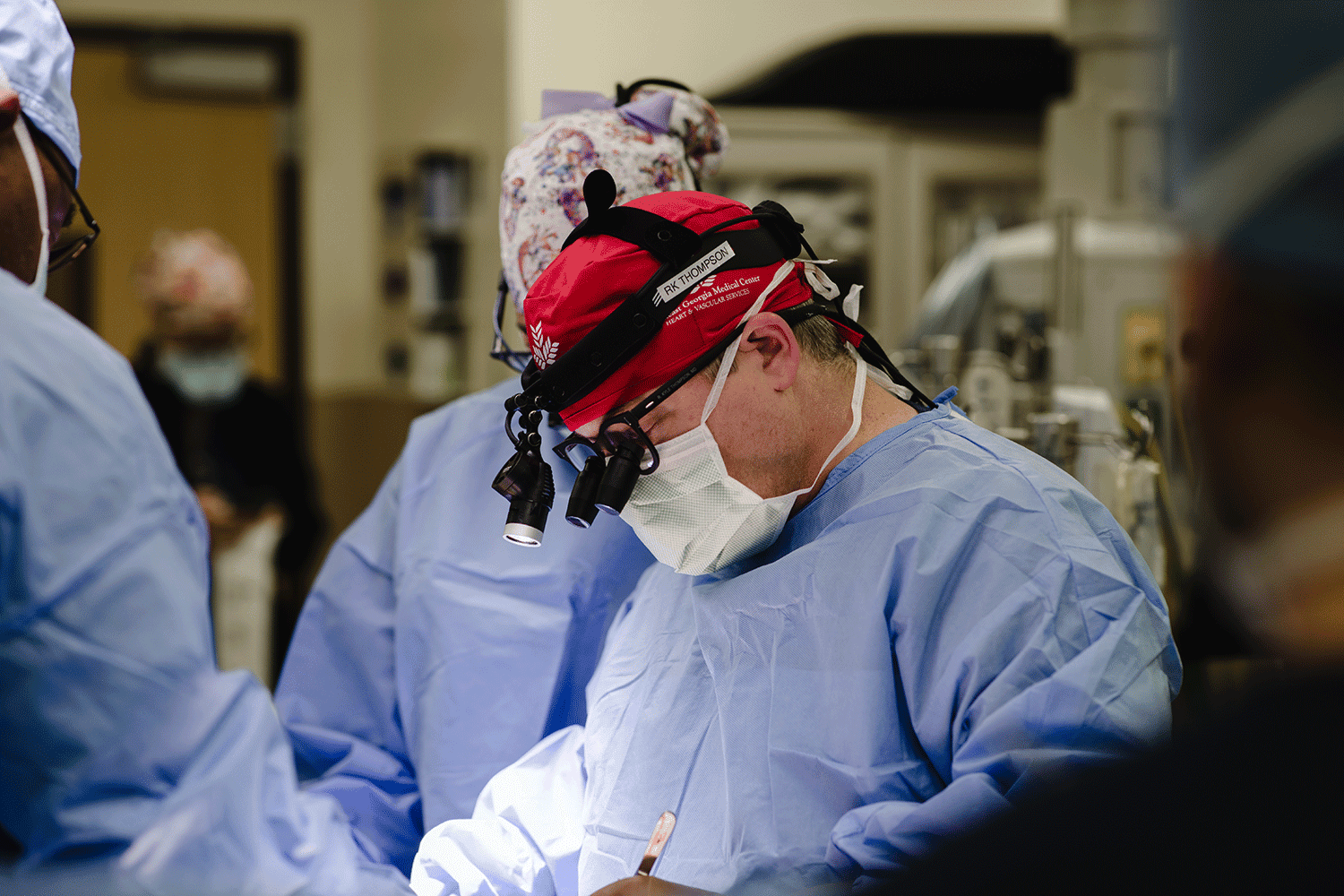
Major surgery is a significant undertaking. It places immense stress on the body. Recovery is a critical period. It requires patience and careful planning. Your body needs time to heal. Rushing can cause complications. Following medical advice is key. This ensures a safe return to health. Understanding the recovery process helps. It empowers you to take control.
Immediate Post-Op Care
The first hours are crucial. You’ll wake up in recovery. Nurses monitor vital signs closely. Pain management begins immediately. You might feel groggy or nauseous. These are normal post-anesthesia effects. Communicate any discomfort promptly. Nurses will help you feel better. Early mobilization often starts. Even small movements are encouraged. This prevents complications like clots.
Managing Pain Effectively
Pain is expected after surgery. Don’t try to be a hero. Uncontrolled pain slows recovery. It makes movement difficult. Doctors prescribe pain medication. Take it as directed consistently. Don’t wait for pain to be severe. Report any inadequate relief. Pain management is a partnership. Your honesty helps the team. They can adjust your regimen. Less pain means better healing.
Incisions Need Careful Attention
Your surgical incision is delicate. Keep it clean and dry. Follow all wound care instructions. Your nurse will show you how. Look for signs of infection. Redness, swelling, warmth are warnings. Pus or foul odor needs attention. Report these to your doctor. Protect the incision from stress. Avoid heavy lifting initially. This prevents the wound from opening. Proper care speeds healing.
Nutrition Fuels Recovery
Your body needs building blocks. Proper nutrition is essential. It helps repair damaged tissues. It boosts your immune system. Follow any dietary restrictions. These are common after gut surgery. Focus on whole, unprocessed foods. Lean proteins are very important. Fruits and vegetables provide vitamins. Drink plenty of water daily. Staying hydrated is crucial. Good nutrition accelerates healing.
Gradual Increase in Activity
Rest is vital for healing. But complete inactivity harms you. Gradual movement is highly recommended. It prevents muscle weakness. It improves blood circulation. This reduces clot risk. Start with short walks. Slowly increase duration and distance. Listen to your body’s limits. Don’t push through sharp pain. Physical therapy often helps. A therapist guides your progress. Follow their personalized plan.
Importance of Good Sleep
Sleep is a powerful healer. Your body repairs itself during rest. Aim for quality, uninterrupted sleep. Pain might make this challenging. Discuss this with your doctor. They can help manage discomfort. Create a comfortable sleep environment. Avoid caffeine late in the day. A consistent sleep schedule helps. Adequate rest speeds recovery significantly. Don’t underestimate its power.
Monitoring for Complications
Be aware of potential issues. Swelling or redness in legs. This could be a blood clot. Shortness of breath needs attention. Persistent fever is a concern. Increased pain or discharge from wound. These are signs of complications. Don’t hesitate to seek help. Call your doctor immediately. Early detection improves outcomes. Trust your instincts always.
Emotional Well-being Matters
Major surgery is emotionally taxing. You might feel irritable or down. This is a normal response. It’s okay to feel this way. Seek support from loved ones. Talk about your feelings openly. Don’t isolate yourself from others. Consider talking to a therapist. They provide coping strategies. Mental health aids physical recovery. Be patient with yourself.
Medication Management
You’ll likely have new medications. Understand each drug’s purpose. Know the correct dosage and timing. Ask about potential side effects. Keep a detailed medication list. Bring it to all appointments. Don’t stop meds suddenly. This can cause problems. Consult your doctor first always. Proper medication use is vital. It supports your healing process.
Avoiding Infections
Infections complicate recovery. Wash your hands frequently. Keep your wound clean always. Avoid large crowds initially. Stay away from sick people. Don’t let visitors touch your incision. Follow all hygiene protocols. Your immune system is recovering. Protecting yourself is paramount. Simple steps make a big difference. They safeguard your health.
Setting Realistic Expectations
Recovery is not a straight line. There will be good days and bad days. Progress might seem slow sometimes. Don’t compare yourself to others. Everyone heals at their own pace. Celebrate small victories along the way. Be kind and patient with yourself. This journey takes time and effort. Focus on steady, consistent improvement. Realistic goals reduce frustration.
Follow-Up Appointments
These appointments are essential. They allow doctors to monitor healing. They check for any complications. You can ask all your questions. Don’t miss these scheduled visits. They are part of your recovery plan. Be honest about your progress. Share any concerns openly. Your doctor guides your path forward. This continuity of care is vital.
Building Strength Gradually
Once cleared, focus on strength. Start with gentle exercises. Build muscle tone slowly. This supports your healing body. Avoid overexertion early on. Listen to your physical therapist. They provide tailored routines. Stronger muscles support joints. They prevent future injuries too. Consistency is more important than intensity.
Returning to Daily Life
This process takes time. Don’t rush back to full activity. Ease into work or chores. Prioritize self-care always. Adjust your routine as needed. Your body is still healing. Seek support from family and friends. Delegate tasks if possible. A phased return is best. This prevents setbacks and burnout. Your long-term health matters most.
